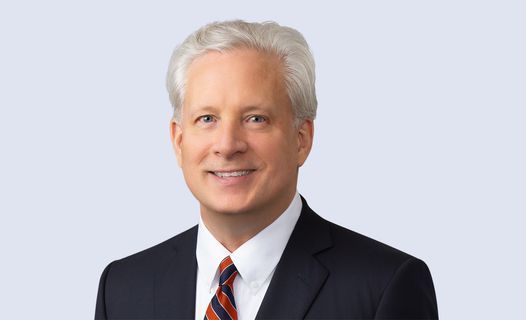A Wisconsin hospital scored an important victory in a recent failure-to-hire case involving an allegation of race discrimination. The underlying facts offer a timely reminder to all healthcare employers about what is necessary to reduce the likelihood of a similar claim being filed against the provider you work for, and how such a claim can successfully be defended if and when it arises.
How The Facts Fit Together
In the Wisconsin case, an African-American physician sought a family-practice position at the hospital. As is customary, the first step towards employment involved obtaining staff privileges from the hospital’s credentials committee. Upon learning he was unlikely to receive staff privileges, he withdrew his application, filed a charge of discrimination with the EEOC, and later filed suit.
The physician alleged that subjective comments about him being a “bad actor,” that he had exhibited “disruptive behavior,” and that he might be a “better fit elsewhere” were all direct evidence of racial bias. The trial court disagreed, dismissing the physician’s lawsuit. On appeal, the U.S. Court of Appeals for the 7th Circuit upheld the dismissal.
So is your hospital now immune from liability if it offers similarly worded subjective reasons to justify a decision not to hire? Certainly not. The 7th Circuit went on to note that comments about “fitting in” or about being a “better fit,” although subjective, “are not necessarily” code words relating to an applicant’s race. In other words, while the subjective comments were not evidence of discrimination in this case, they can be in other situations.
What helped the hospital obtain dismissal were the objective reasons provided by the credentials committee which led them to deny staff privileges. Specifically, the physician had been placed on academic probation during his residency, had two uninsured medical malpractice claims filed against him, and had received a negative reference from a prior employer. The physician was unable to present any evidence that these objective concerns were a pretext for race discrimination.
Here, the hospital succeeded in providing legitimate, nondiscriminatory reasons for its actions. Had none of the objective concerns been presented, the trial court or the appeals court may not have dismissed the lawsuit.
Know The Fundamentals
This case reinforces four basic principles about the interview process that are as timeless as they are important:
- Before conducting an interview, hiring personnel should know exactly what they are looking for in an employee. Referring to the written job description for the position to be filled will help develop interview questions that are designed to assess an applicant’s qualifications. Requiring hiring personnel to make a list of questions prior to an interview will help them stay on track during the interview and avoid asking questions that are not allowed or that are more likely to lead to litigation.
- Nobody should participate in an interview without having received some form of instruction on the interview process, including a review of conduct and comments that are and are not appropriate. This does not necessarily have to be extensive training, but the interviewer should at least have an understanding that: 1) certain questions are improper; and 2) the consequence for asking improper questions could be a lawsuit.
- During the interview, get applicants to talk, listen to them carefully, and take notes. If an interviewer spends too much time “selling” the applicant on the hospital or the position, little will be learned about whether the applicant is the best person for the job. Where multiple applicants are interviewed, the same questions should be asked. This lends consistency to the process and helps decision makers to more objectively compare the applicants. Notes should not be written on the application itself since it will become part of the healthcare provider’s personnel records.
- Hiring personnel must be prepared to offer an objective basis for their decisions. Clear and specific concerns about a candidate will always be preferable to more generalized subjective opinions. Comments along the line of not being a “good fit” are ambiguous, subjective, and suggest an exclusionary approach that can create problems if the applicant is a member of a protected class. Also, keep in mind that providing an objective basis for a decision also relates to promotions, merit raises, and any other actions relating to the terms and conditions of employment.
To Sum It Up
As the Wisconsin case demonstrates, subjective reasons for hiring decisions are not necessarily fatal to an employer’s defense against a discrimination claim, but they must be accompanied by specific objective reasons for the decision. By ensuring that your hiring personnel are properly prepared for the interview and hiring process, you will help them identify the best candidate for an open position and greatly minimize the risk of litigation.
For more information, contact the author at JGagon@fisherphillips.com or 713.292.0150.


